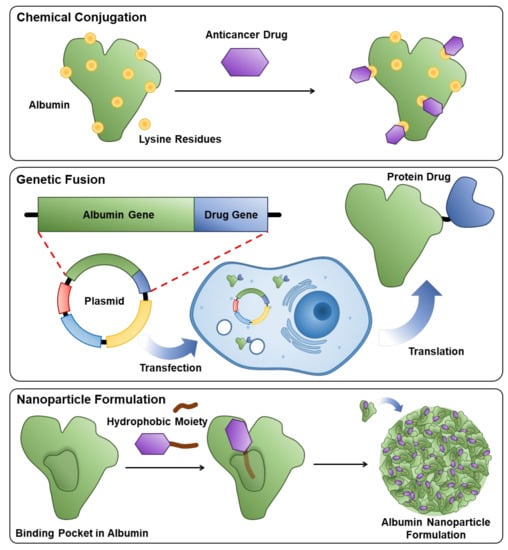“Impossible is Nothing!”
 |
| “Impossible is not a fact. It's an opinion. Impossible is not a declaration. It's a dare. Impossible is potential. Impossible is temporary. Impossible is nothing.” - Muhammed Ali (Source: Muhammad Ali - Impossible is Nothing - Adidas) |
World Champion Mohammed Ali, often referred to as “The Greatest,” is considered one of the most important sports figures of the last century. His declaration that "Impossible is Nothing!" when sizing up obstacles is a fitting inspiration for researchers studying the innovative treatment strategies for Stage III non-small cell lung cancer using the latest advancements in nanoparticle-based treatments. Just as Ali defied defeat, the trial embodies defying limitations and inspiring optimism in the face of adversity.
Stage III non-small cell lung cancer (NSCLC) presents significant challenges in surgical removal, necessitating innovative treatment strategies to improve patient outcomes. A clinical trial (NCT00553462) investigated the effectiveness of Carboplatin and Paclitaxel Albumin-Stabilized Nanoparticle Formulation in combination with radiation therapy and Erlotinib. The study's results offer a glimmer of hope for patients with inoperable Stage III NSCLC.
Carboplatin and Paclitaxel are well-known chemotherapy drugs used in lung cancer treatment. However, this study employed a novel approach by utilizing albumin-stabilized nanoparticles to deliver these drugs. The nanoparticles enhance drug stability, improve tumor penetration, and reduce toxicity to healthy tissues, optimizing the therapeutic potential of chemotherapy. These nanoparticles offer a multitude of advantages, including bolstering drug stability, facilitating targeted drug delivery, and optimizing the controlled release of the therapeutic payload. Additionally, their minute size enables them to penetrate tumor tissues with greater efficacy, potentially augmenting cancer cell eradication while minimizing collateral damage to healthy tissues. This groundbreaking drug delivery mechanism revolutionizes the landscape of traditional chemotherapy regimens.
The crux of this transformative approach lies in the realm of nanotechnology, as scientists engineer the Carboplatin and Paclitaxel Albumin-Stabilized Nanoparticle Formulation. Employing state-of-the-art manufacturing techniques, these drugs are encapsulated within nanoparticles spanning an astounding range of 1 to 100 nanometers in size. These nanoparticles have unique physicochemical properties, such as enhanced stability and an extended circulation time within the bloodstream. Moreover, thanks to their small size and surface properties, they exhibit a remarkable ability to selectively accumulate within tumor tissues, capitalizing on the enhanced permeability and retention effect. This precision-targeting delivery system maximizes drug concentration within the tumor, consequently amplifying therapeutic efficacy while minimizing the systemic toxicity that plagues traditional chemotherapy.
 |
| These schematic illustrations offer a comprehensive depiction of the intricate processes involved in using albumin to encapsulate and deliver therapeutic drugs. (Source: Emerging Albumin-Binding Anticancer Drugs for Tumor-Targeted Drug Delivery: Current Understandings and Clinical Translation) |
Comments
Post a Comment